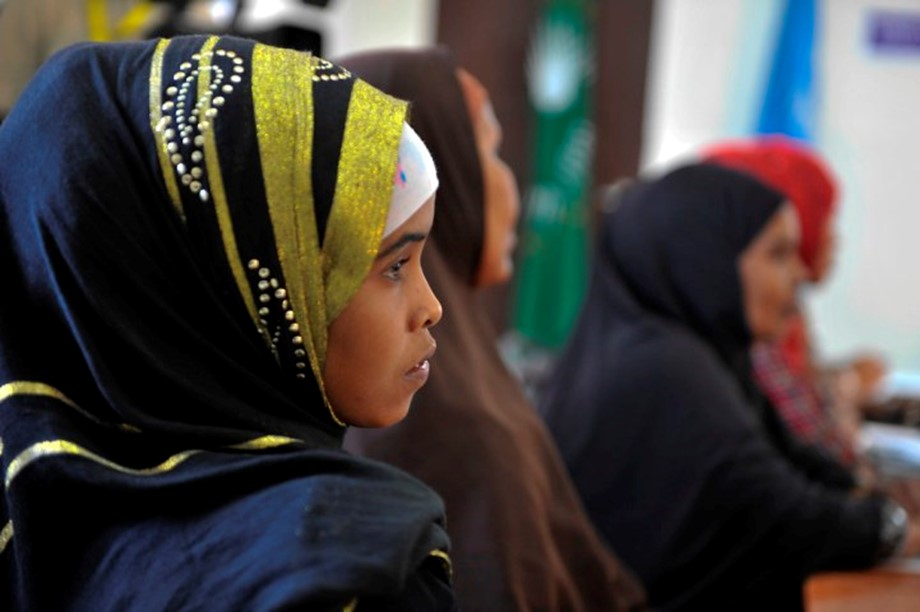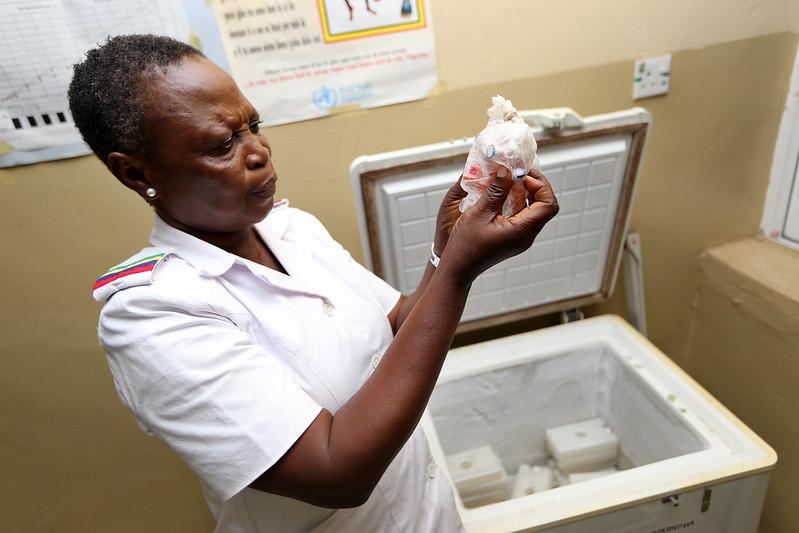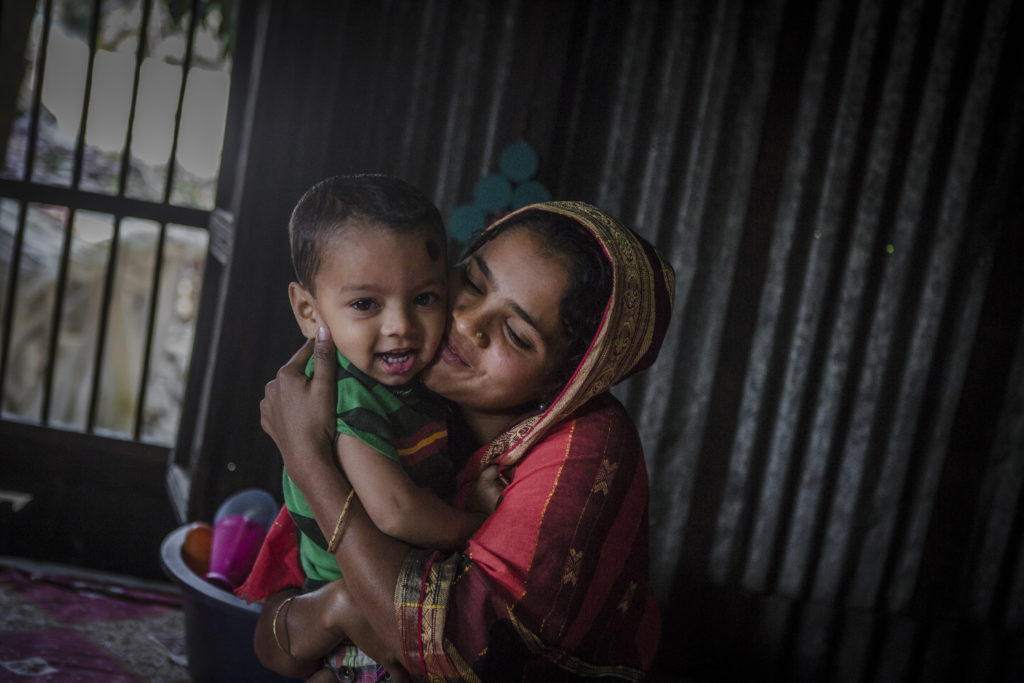Health information and services that are more accessible to adolescents and young people empowers them to take full advantage of opportunities for education, employment and societal participation.
Category: In the News
UNFPA calls for global support to provide reproductive health services
The sexual and reproductive health agency has launched a $683 million appeal this year to assist nearly 48 million women, girls and young people in 57 countries affected by conflict or natural disasters.
Abortion Law: Will Proposed Amendment Set a Global Precedent?
The Cabinet briefing on the afternoon of 29 January ended with some breaking news – news that all women’s sexual and reproductive health and rights (SRHR) advocates have been waiting to hear for almost ten years now.
Government of Tanzania Commits to Employ Two Community Health Workers Per Village
The Government of Tanzania recently announced plans to employ two skilled and trained community health workers (CHWs) in every village beginning in the 2019-20 financial year.
Private Medical Colleges and Government Partner to Provide Free Family Planning Services in Bangladesh
In September 2019, the Bangladesh government followed through on its commitment to support family planning corners at two private medical college hospitals in Dhaka.
Media Houses in Uganda’s Mbale District Allocate Airtime for Family Planning Stories
On April 29, 2019, the Mbale district resident district commissioner (RDC) issued a directive requiring all district media houses to allocate part of government airtime for health issues, including family planning.
Badagry, Nigeria Releases 10,000 Naira Monthly for Consumables
In June 2019, the Chairman of Badagry Local Government Area (LGA) in Lagos State approved the monthly release of 10,000 Naira (NGN) (US $28) from the LGA health budget for family planning.
Greater investments in health and well-being of young India needed for achieving $5 trillion economy target
Increased investment in family planning will help the Indian economy gain an additional per capita GDP of 13 per cent by 2031, but also save up to Rs 270 crore on its National Health Mission budget, says Poonam Muttreja, Executive Director, Population Foundation of India (PFI)
Opinion: Predictions 2020 — what will shape reproductive health issues in the coming year?
We are witnessing unprecedented acceleration of societal challenges around the world, especially for women. Every year, 303,000 women die from complications during pregnancy and childbirth. And approximately one-third of maternal deaths could be prevented annually if women who did not wish to become pregnant had access to and used effective contraception; globally, 214 million women have an unmet need for modern contraception.
Scaling Up First Time and Young Parent Access to Postpartum Family Planning: Could Small Shifts Change the Game?
Evidence shows that comprehensive approaches addressing individual, family, community, and health system factors can increase FTPs’ use of PPFP and other essential health services. While showing promising impact, these comprehensive approaches have proven challenging to scale.




